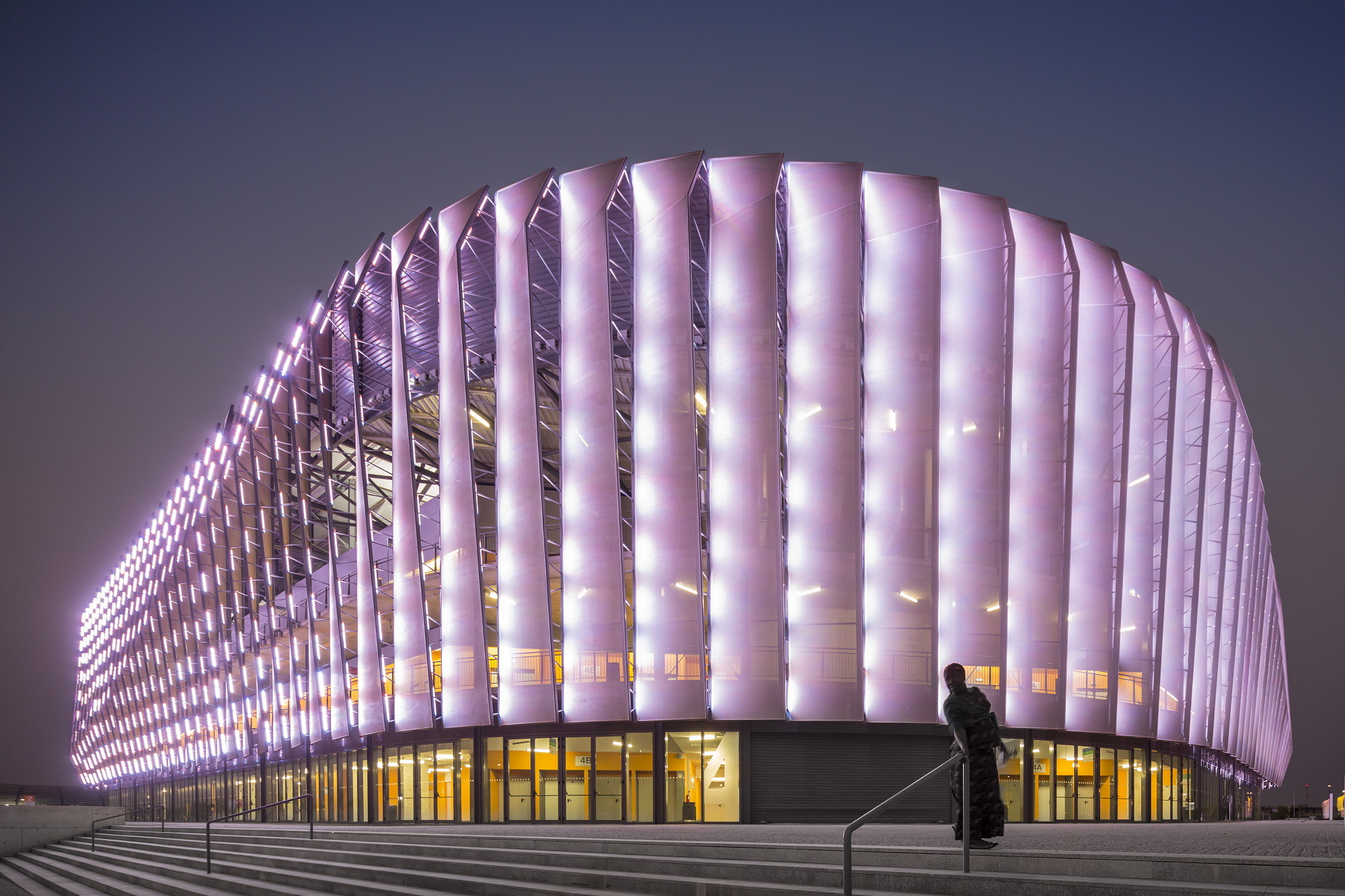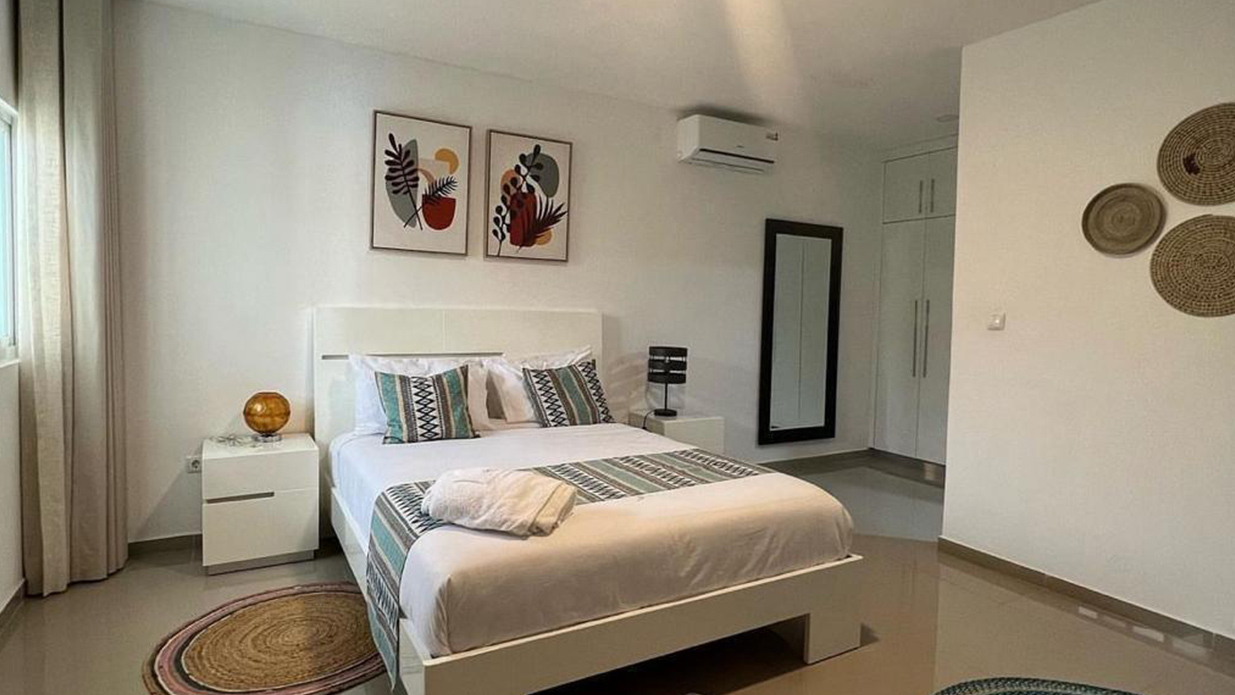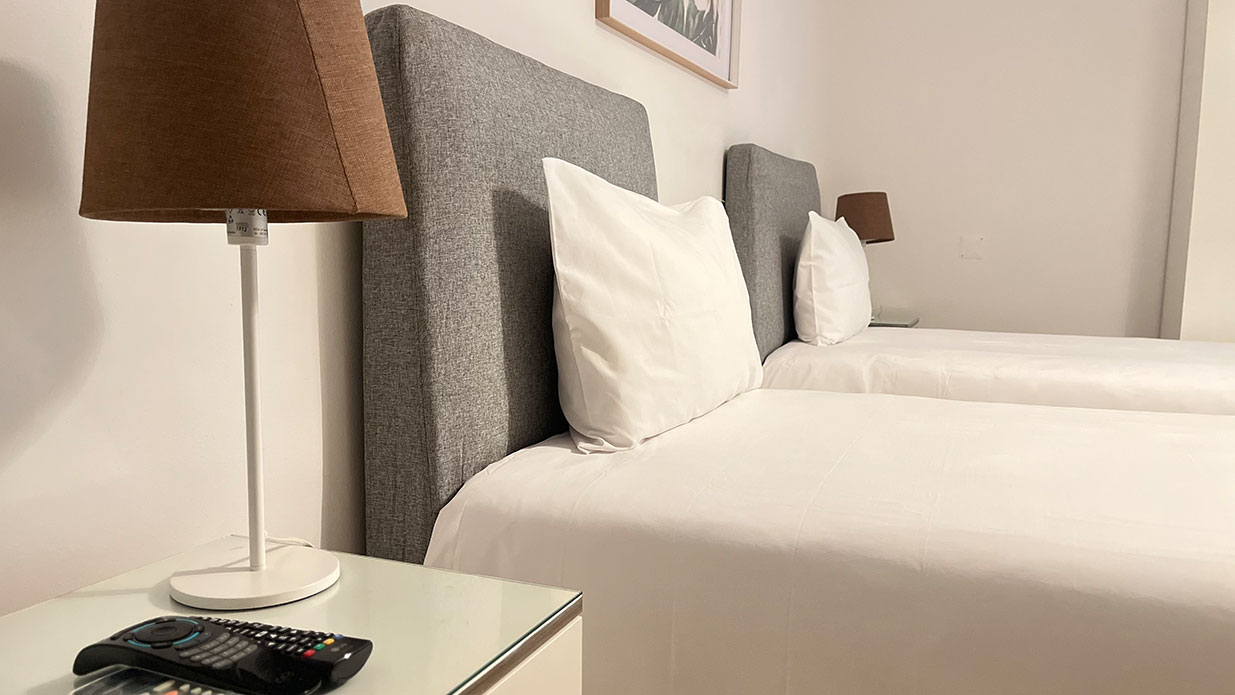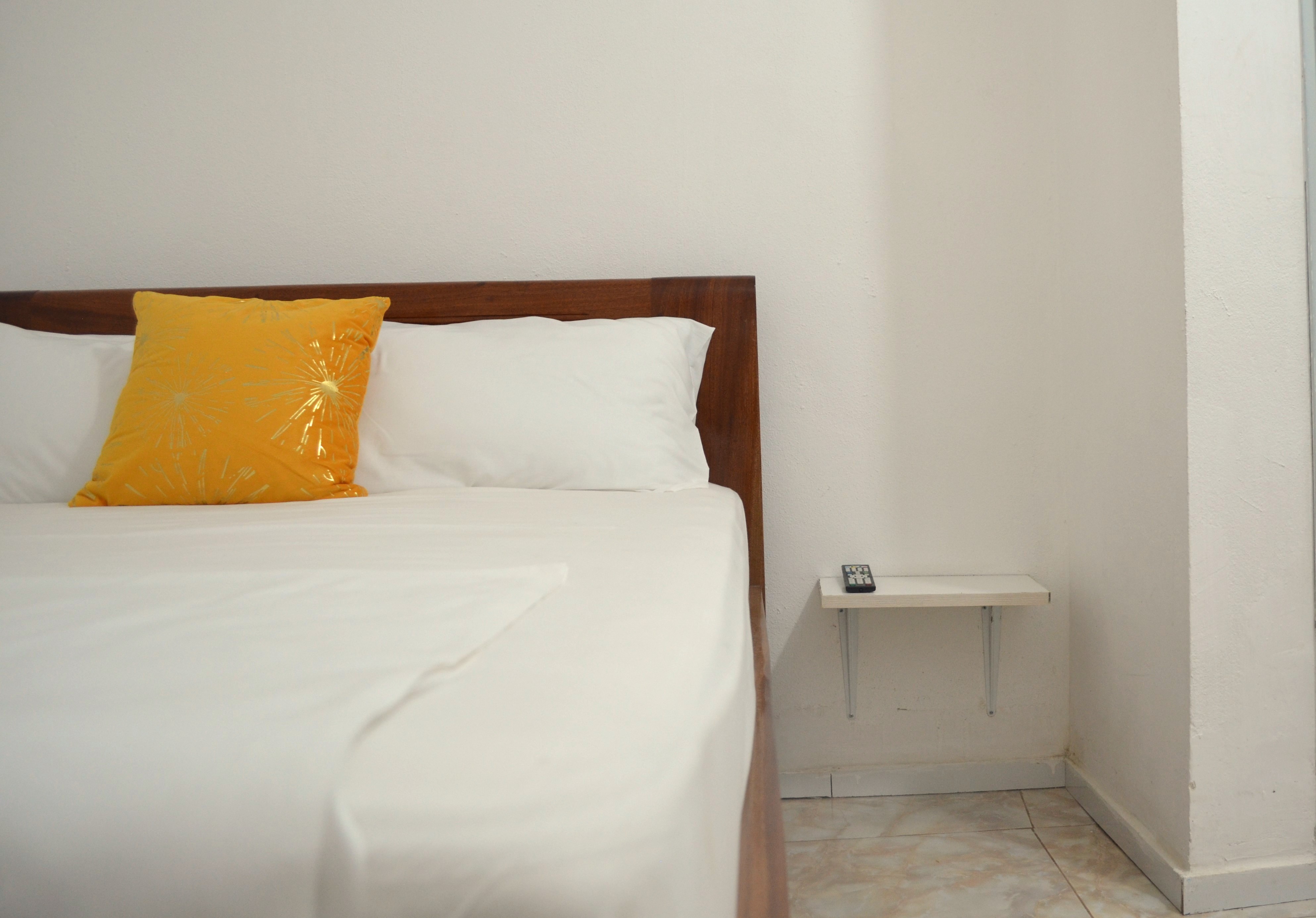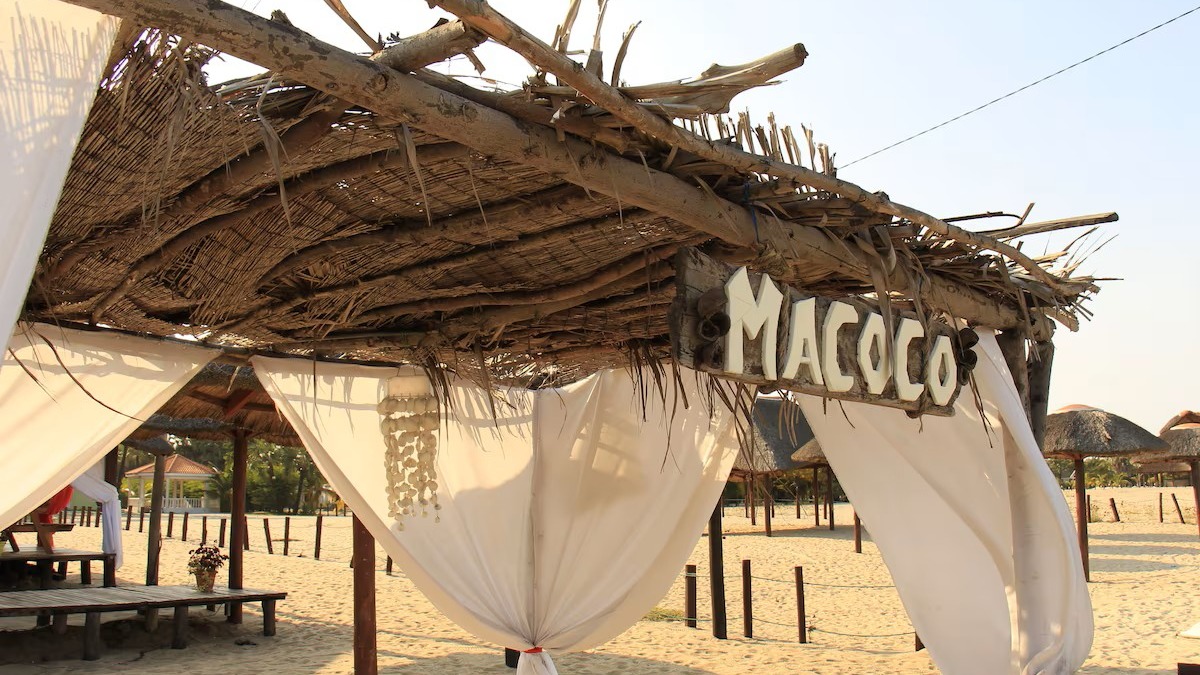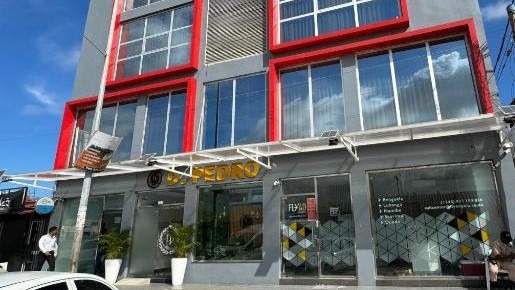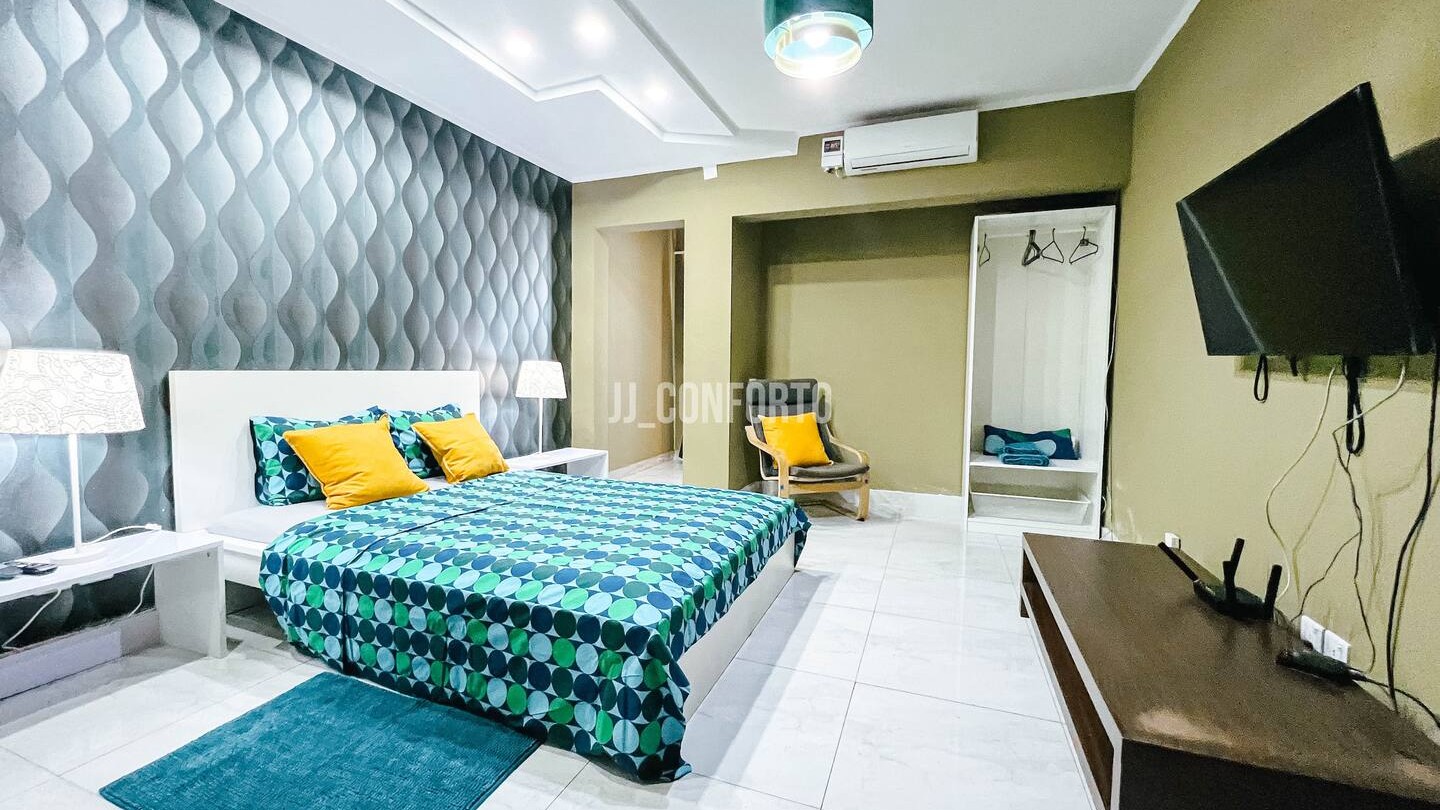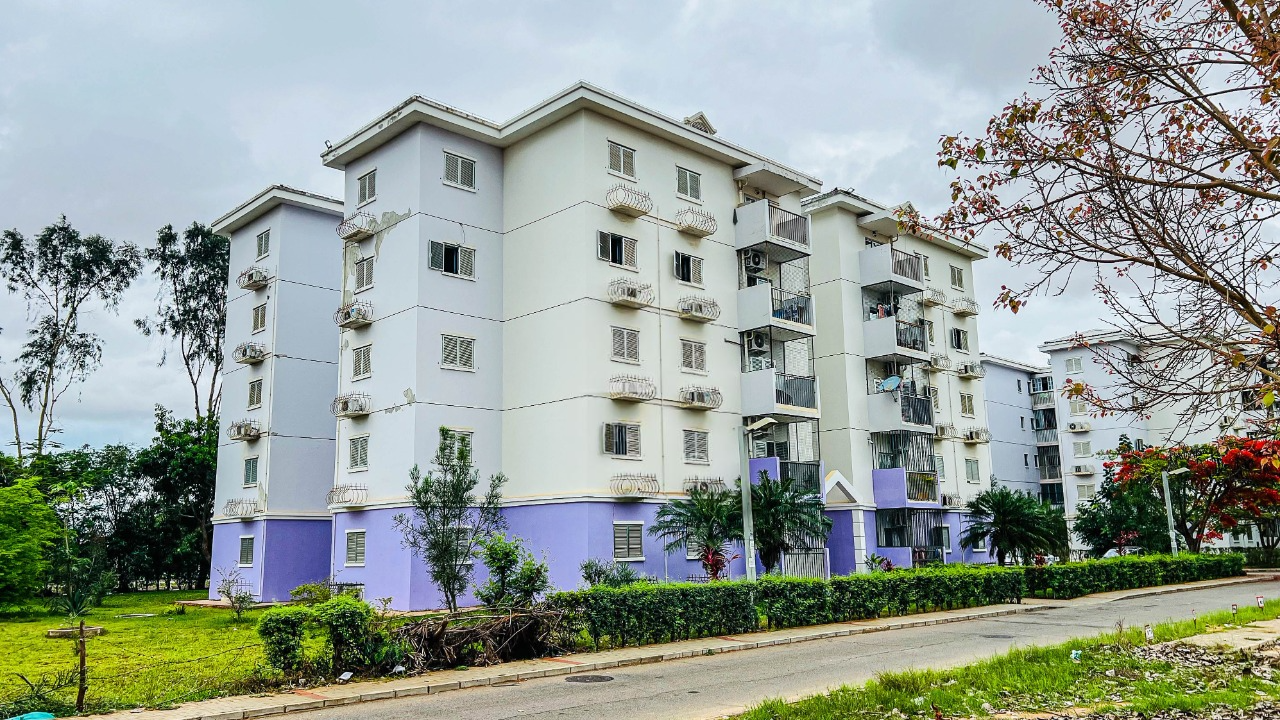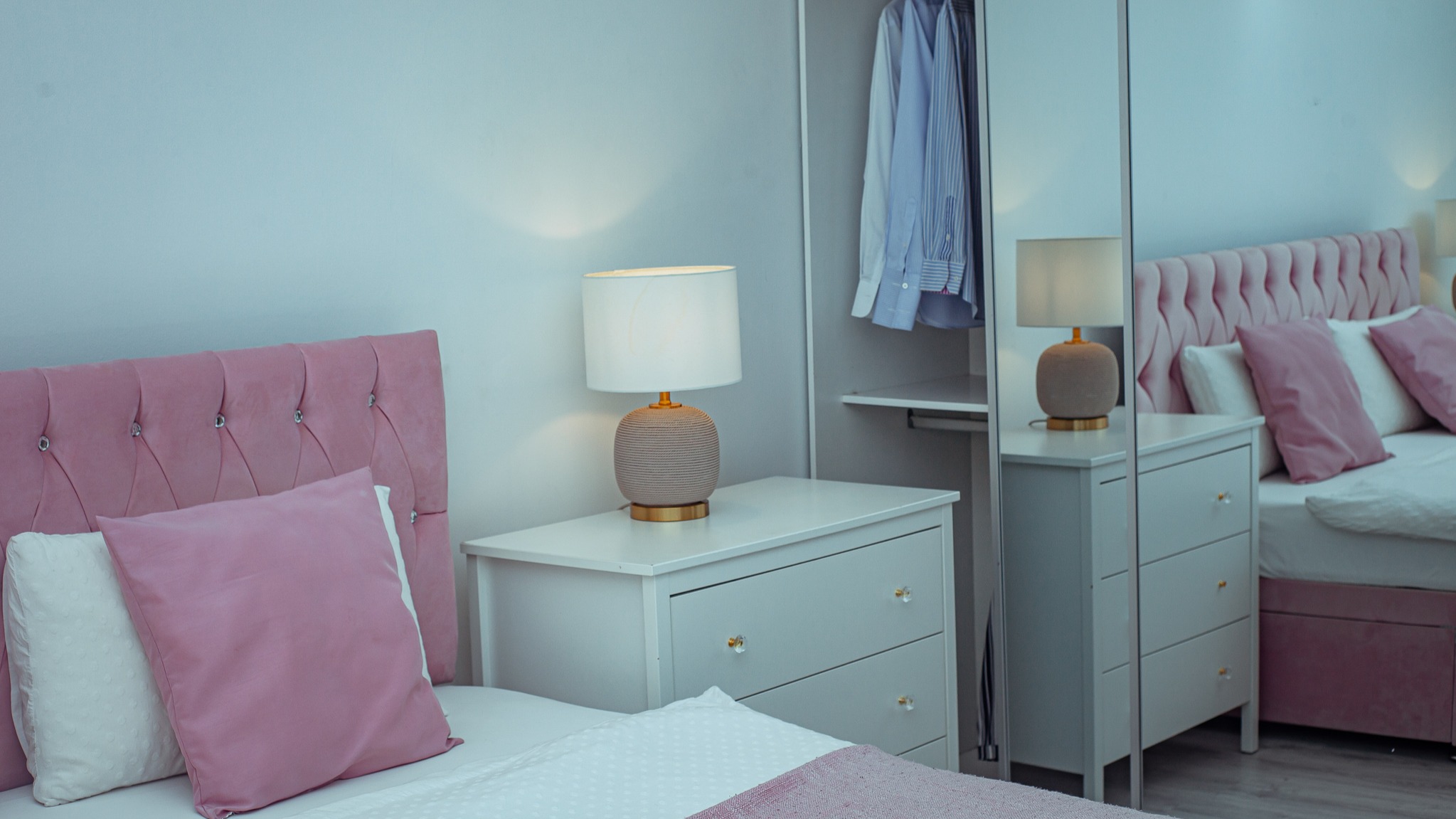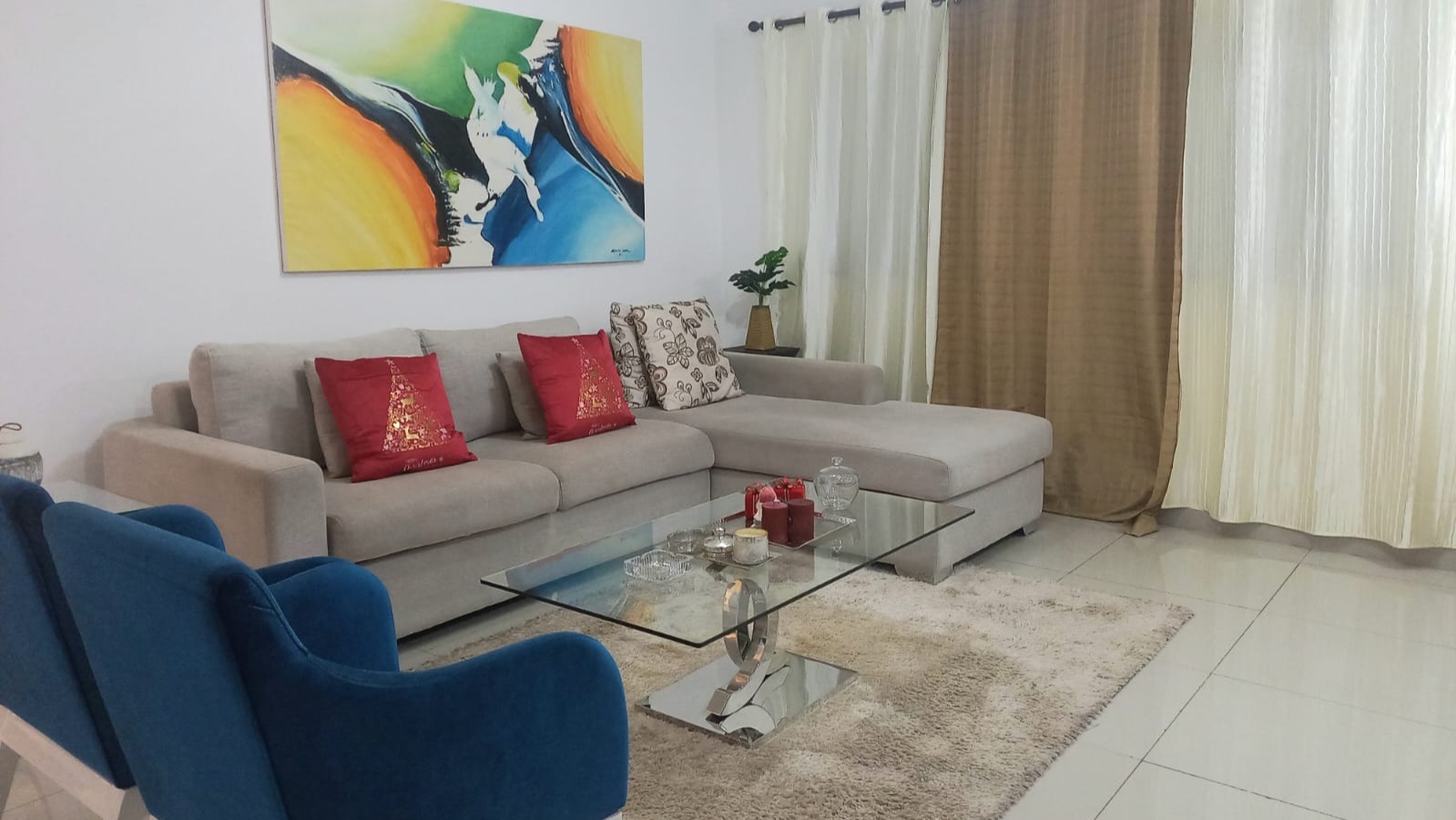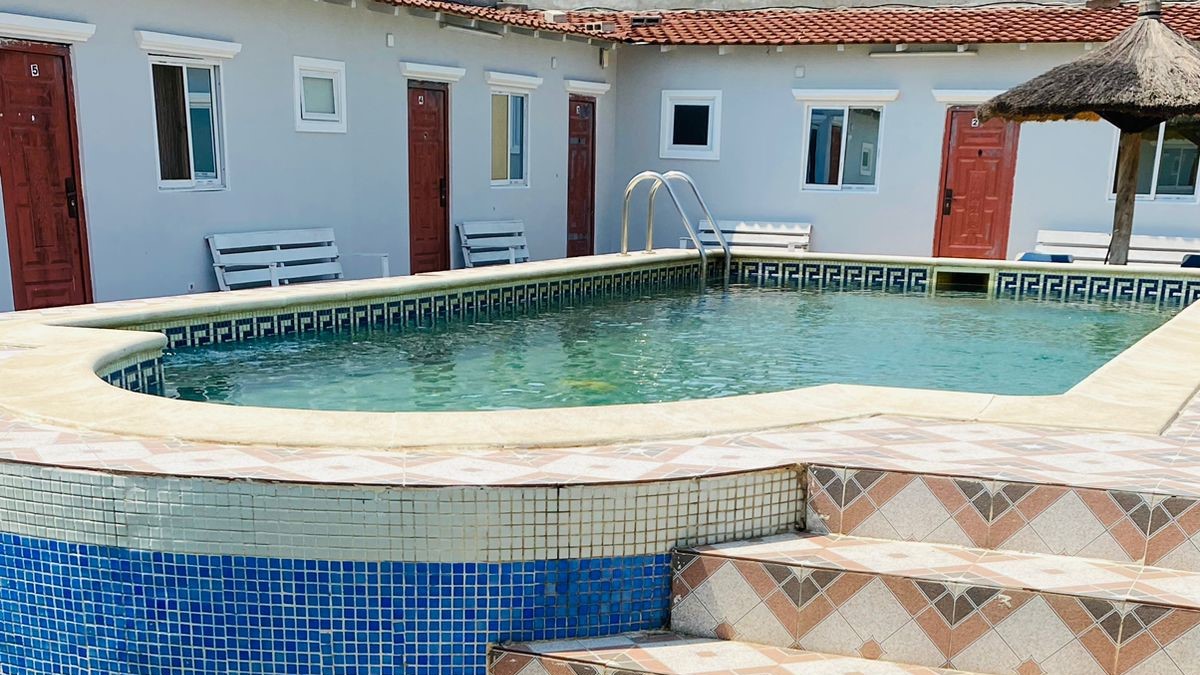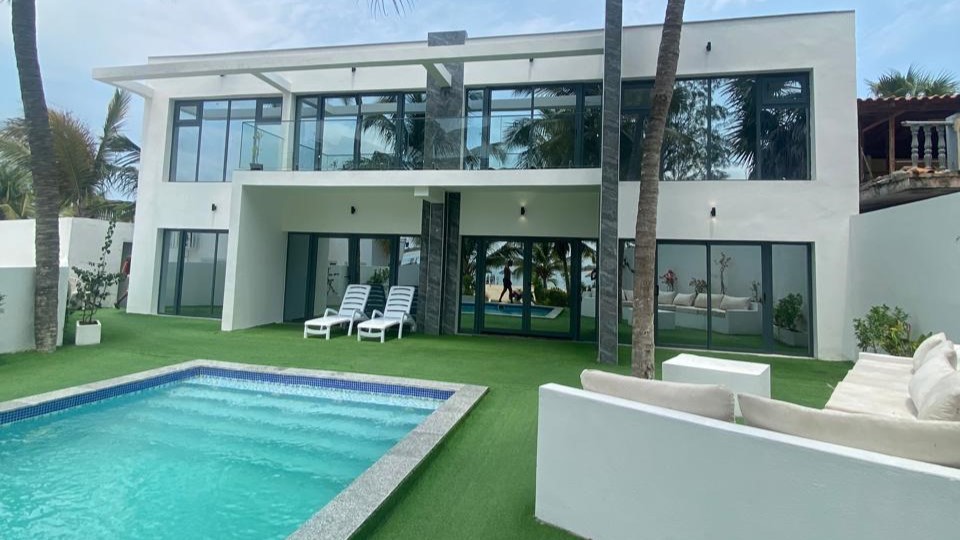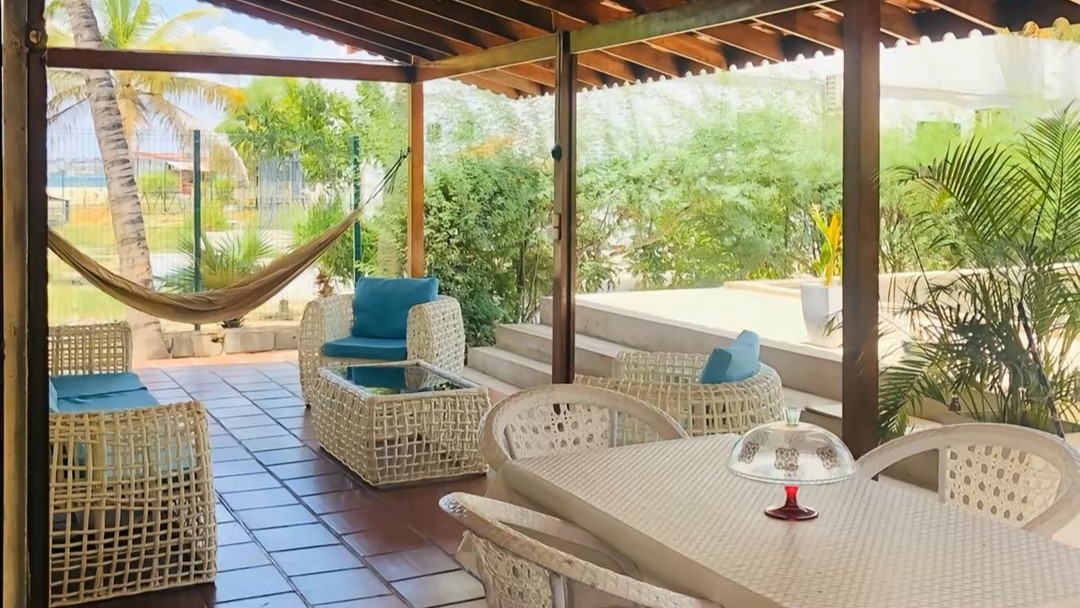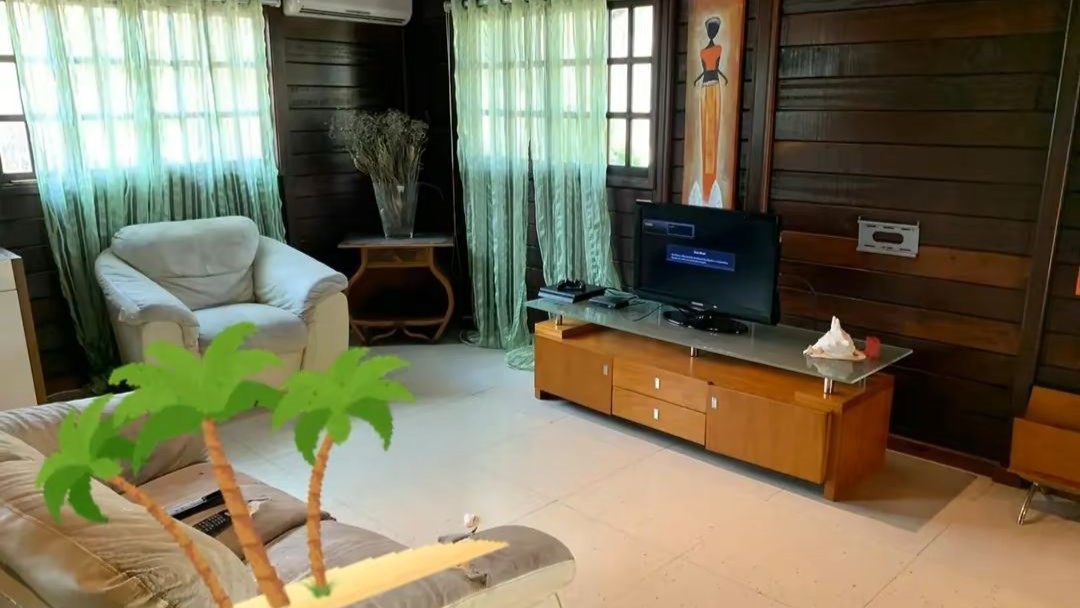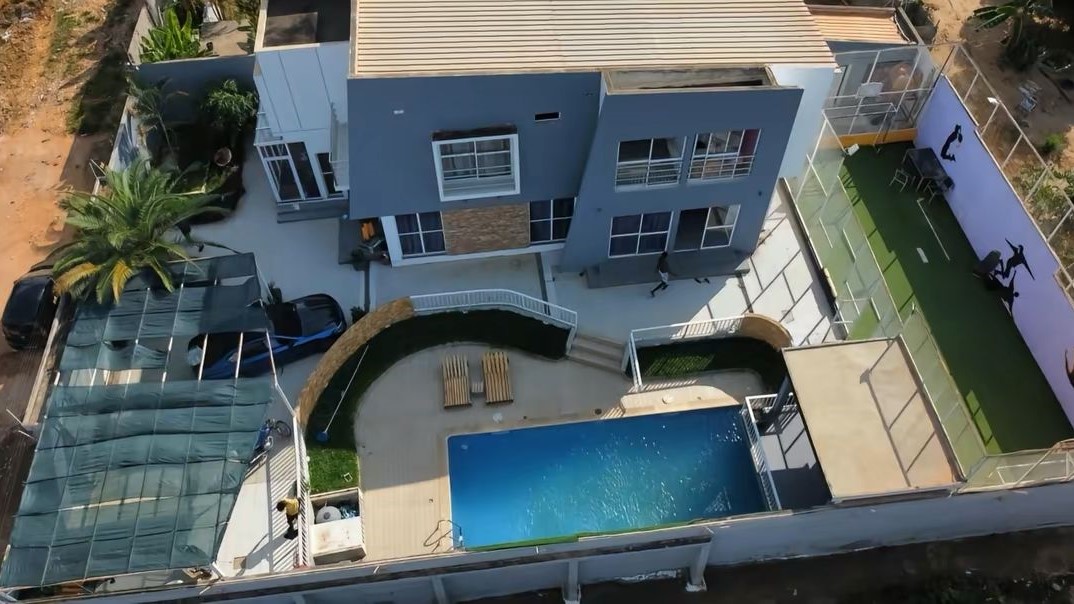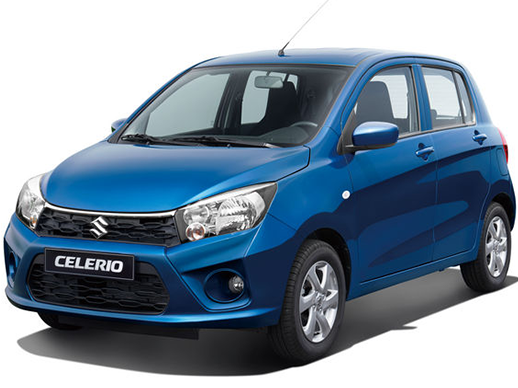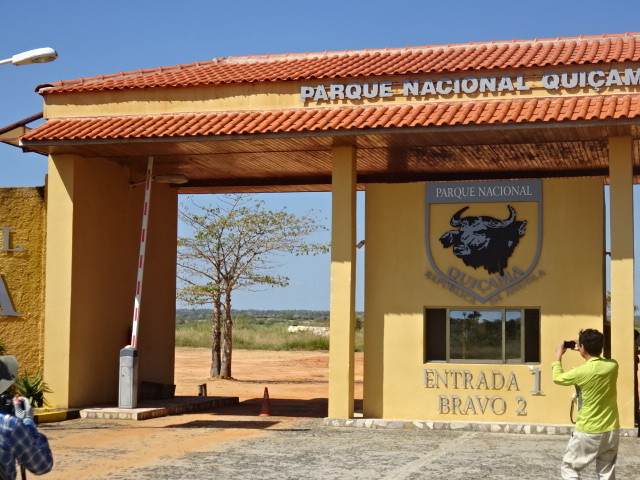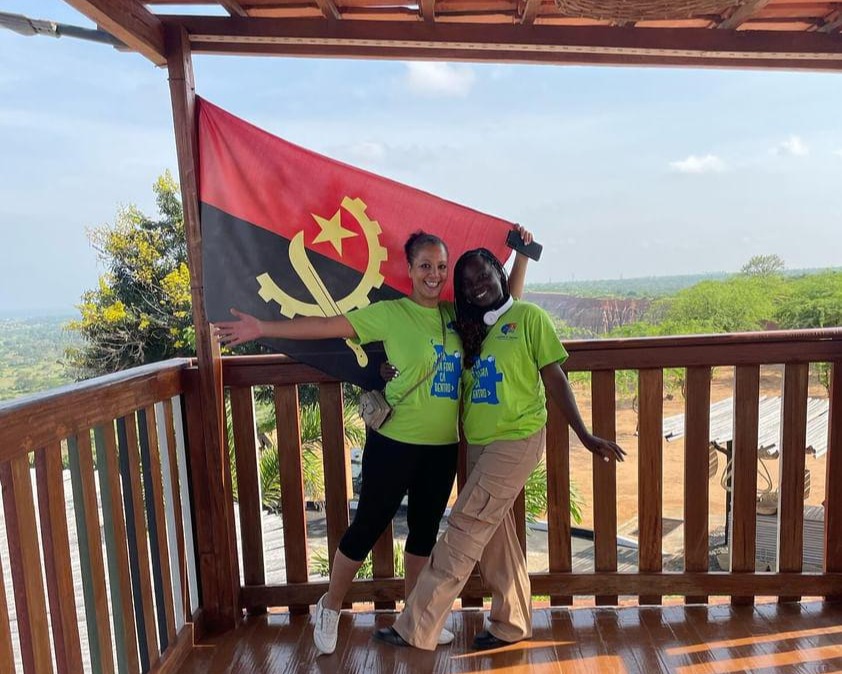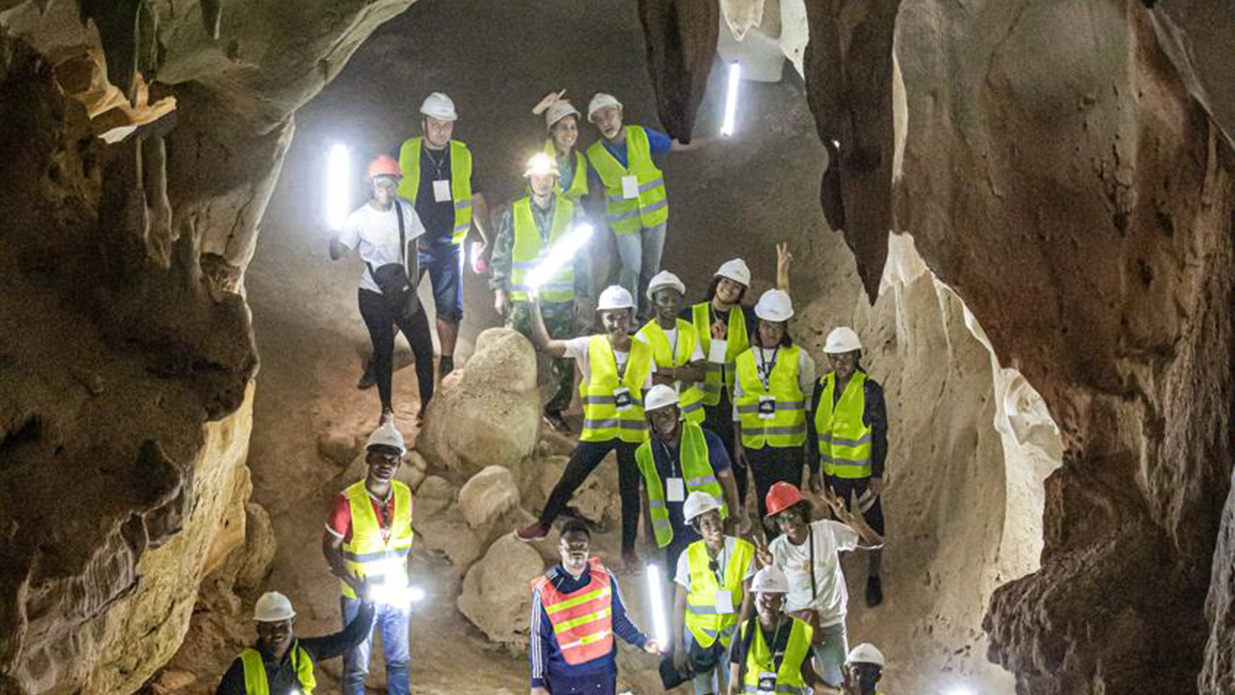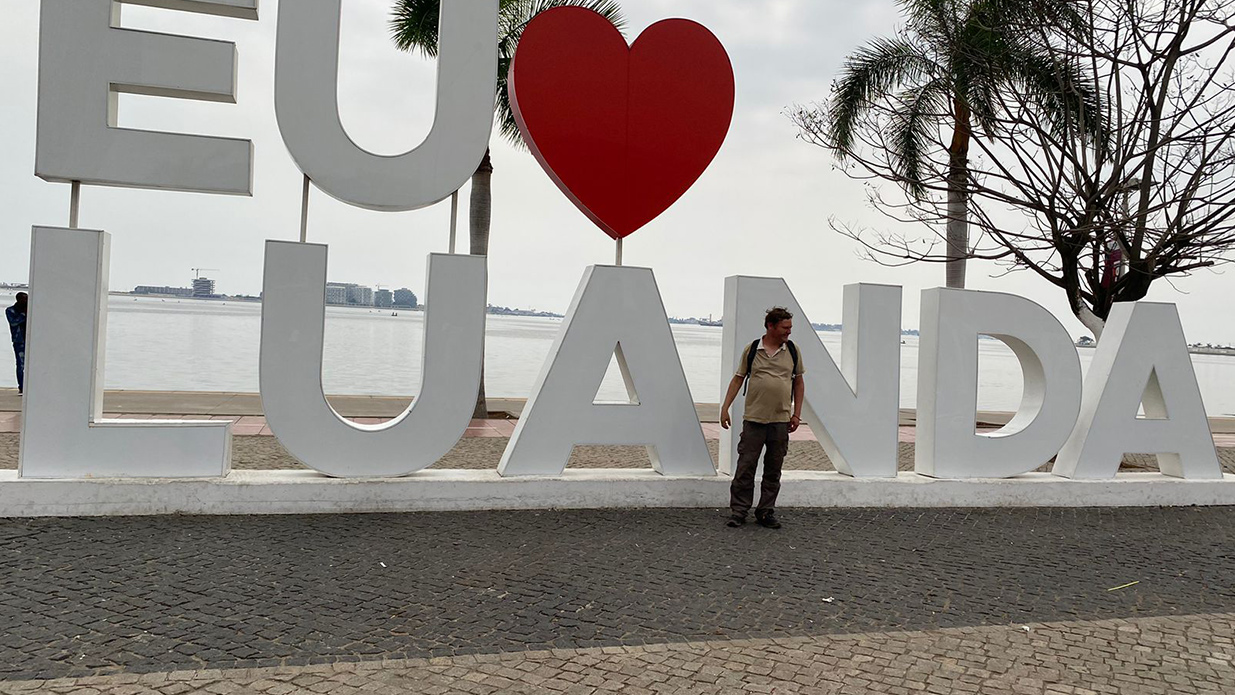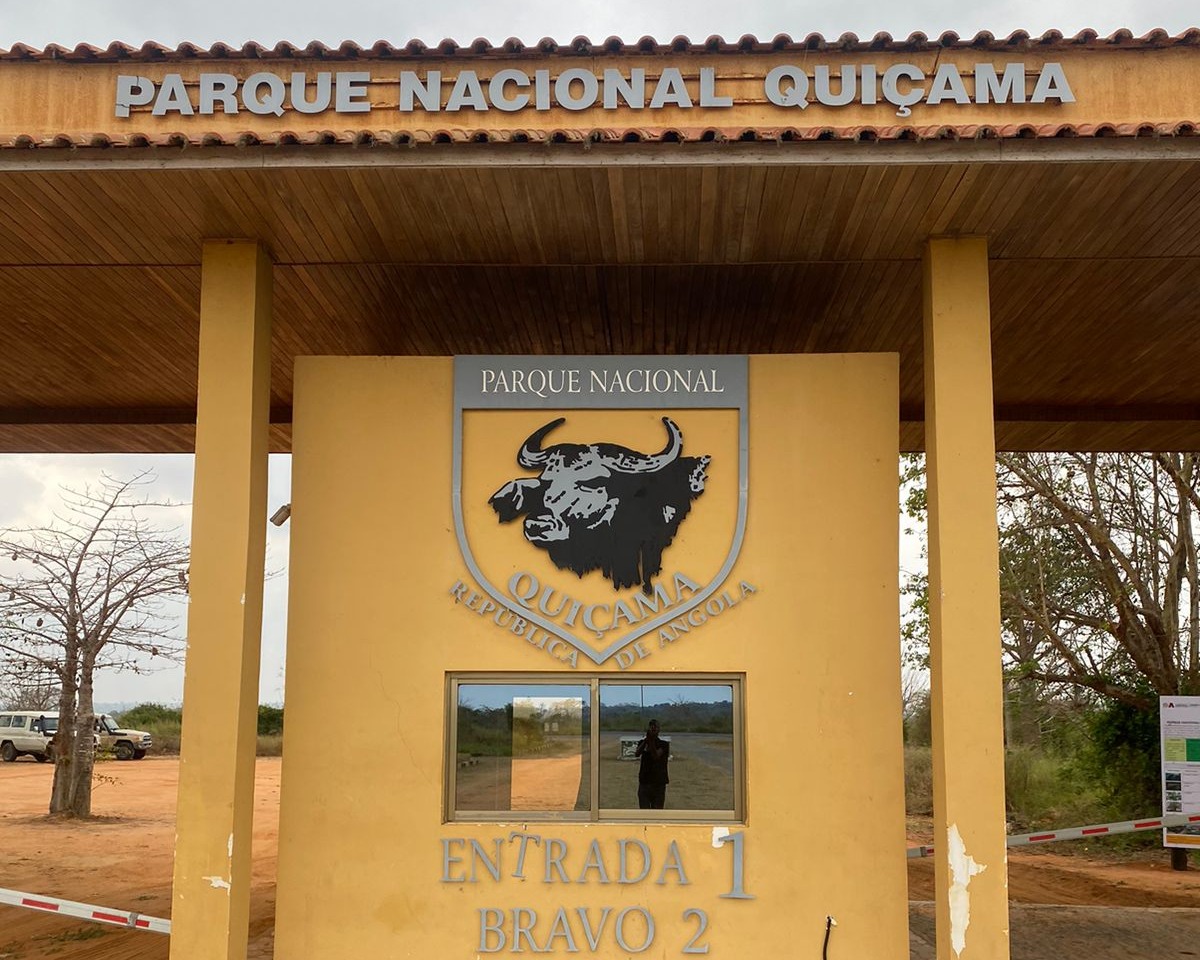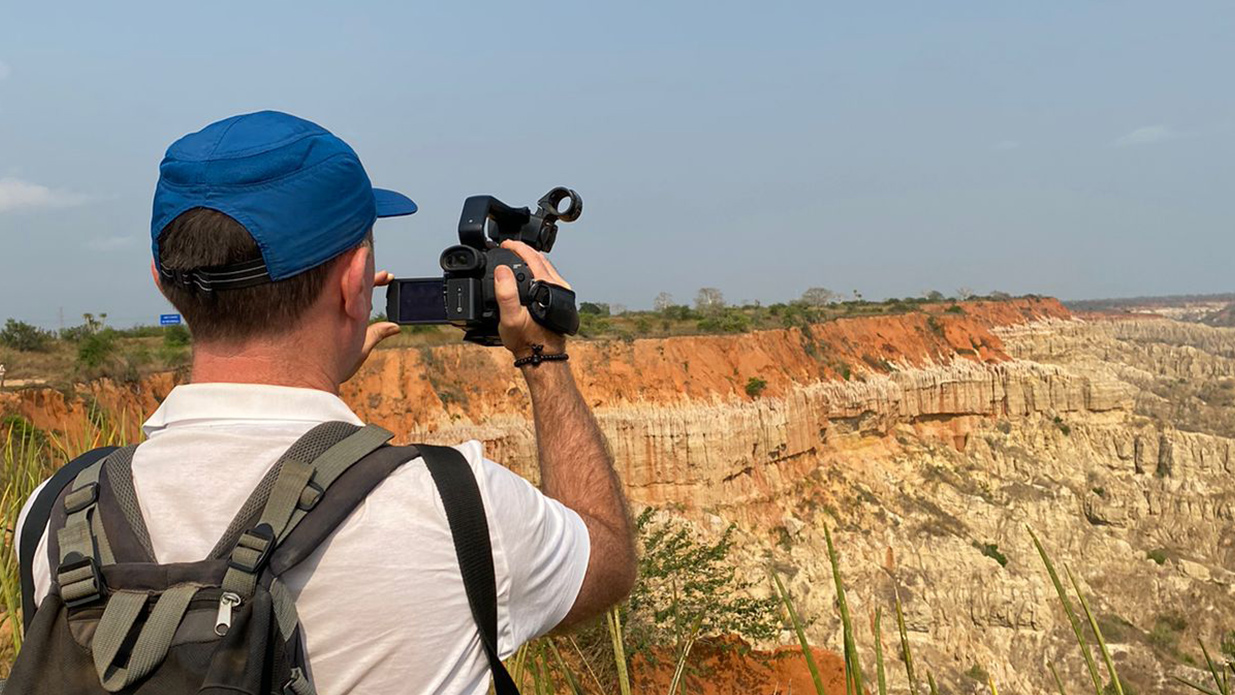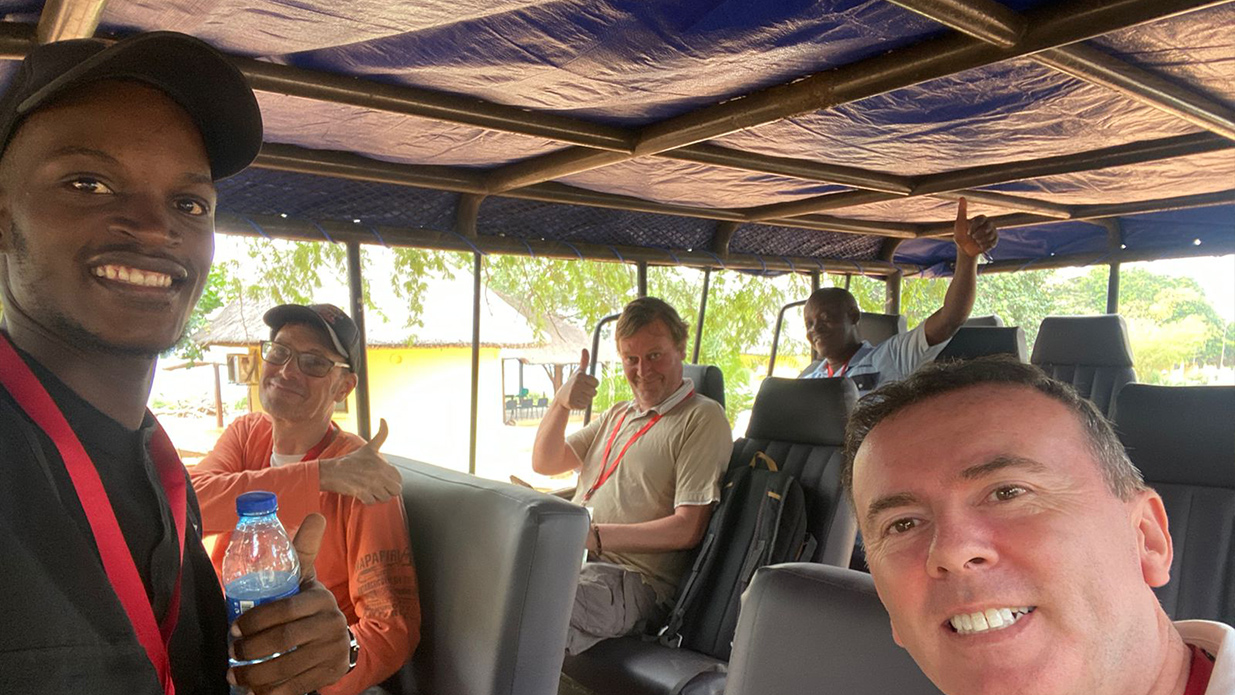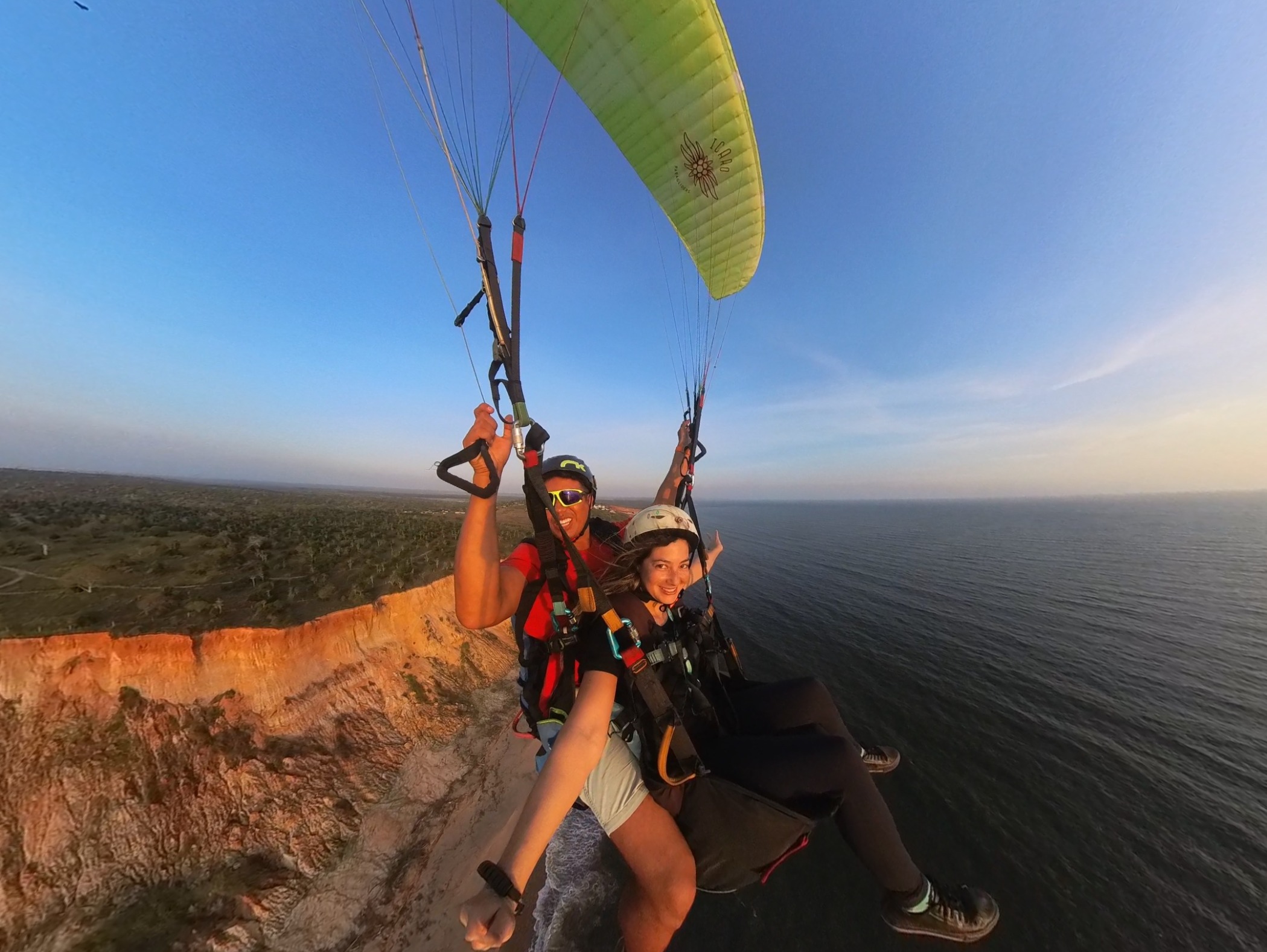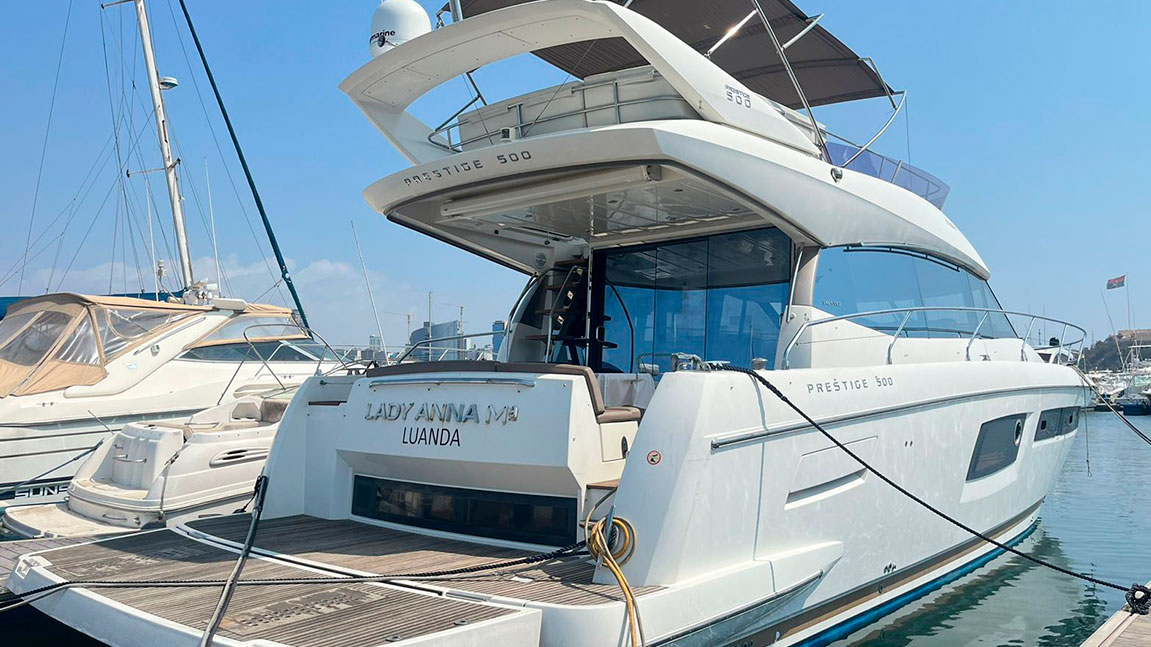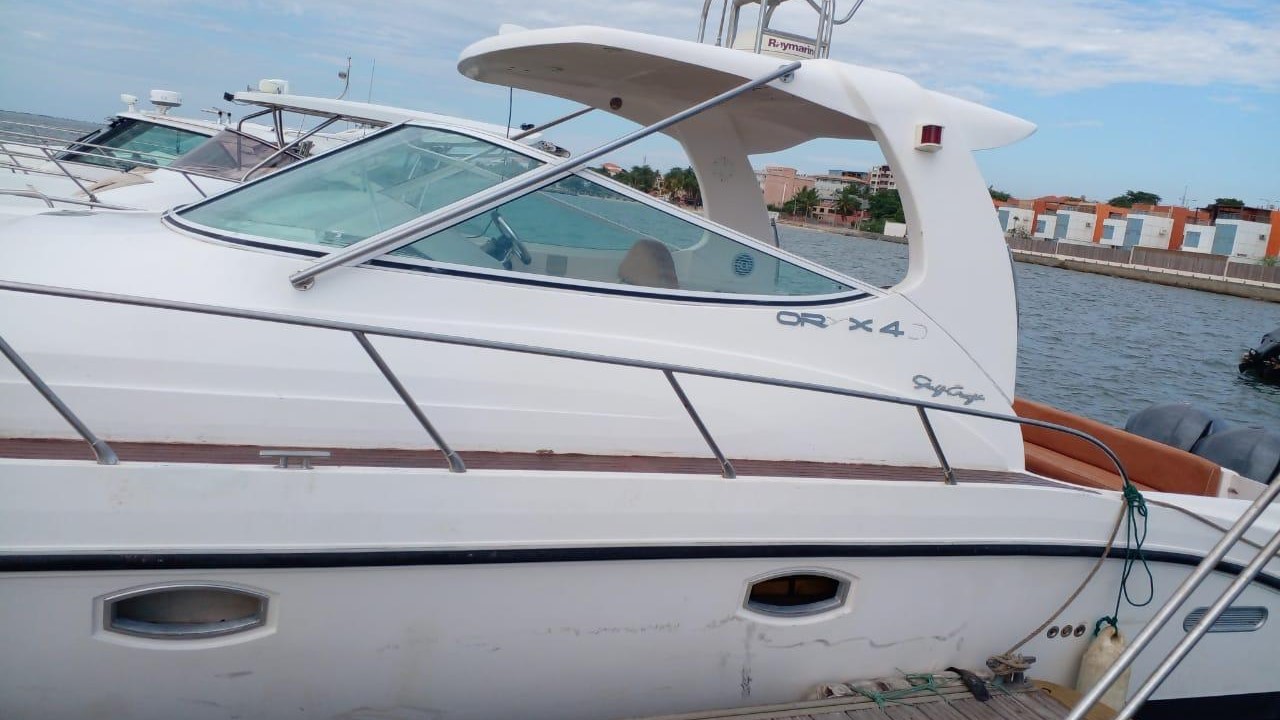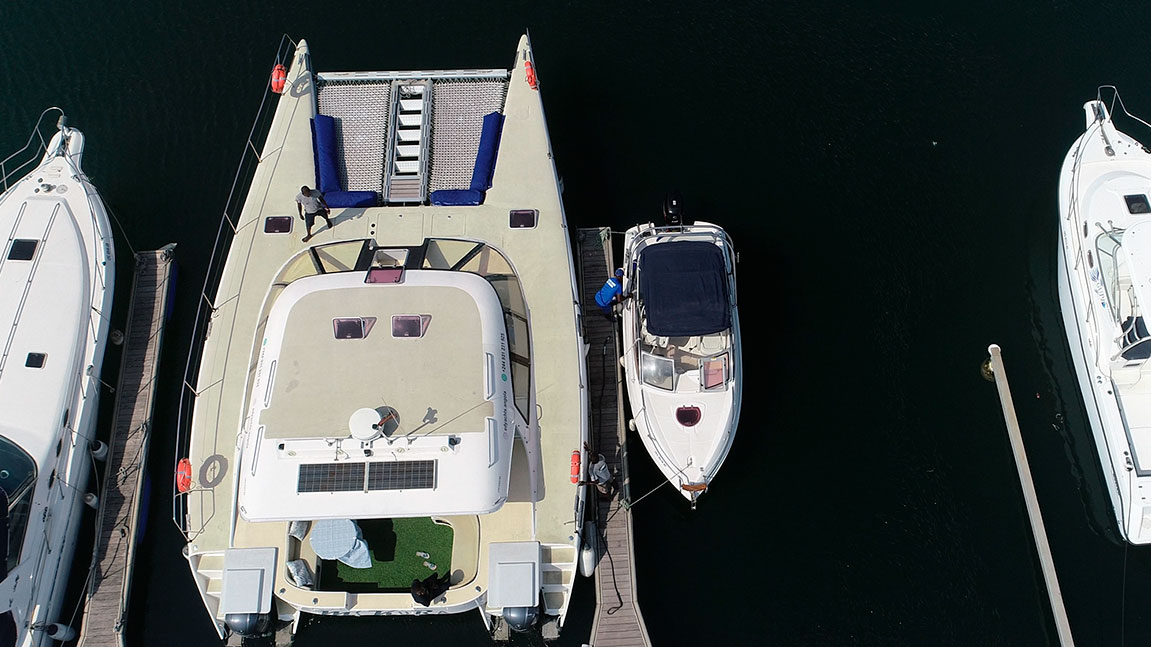Luanda
Luanda, the capital of Angola, is a port city on the west coast of South Africa. A seafront promenade, known as the Marginal, runs along Luanda Bay. Nearby is the well-preserved São Miguel Fortress, which now houses the Armed Forces Museum. The fort overlooks the harbor and Cape Island, a long, narrow peninsula in the bay with beaches, bars and restaurants.
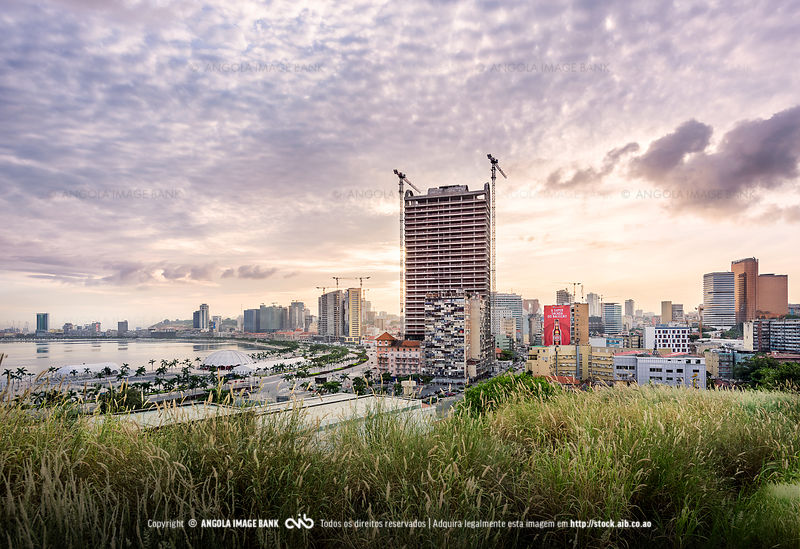
The City Maps
Trip Ideas
FEATURED ARTICLE
Luanda city tour
The tour allows travelers to see the city of Luanda from a different perspective. Walking and hiking will allow for a genuine experience with direct contact with the warm, young and lively city and with the corners that protect the necessary peace and tranquility imposed by its nature. Allow yourself to explore the museums, colonial structures, shopping areas, historic streets and monuments. Don't miss the gastronomy tour of the island's restaurants with excellent national and international options by the sea. Discover the more inland routes and have the opportunity to reach Morro dos Veados, Barra do Kwanza, Sangano, Miradouro da lua, Cabo Ledo, Funda and Mazozo.
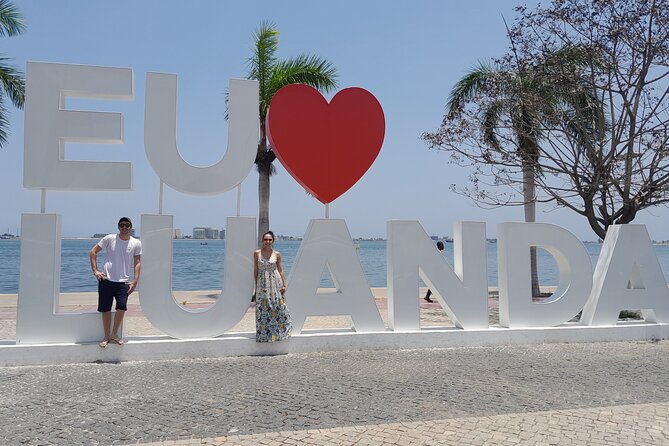
FEATURED ARTICLE
Fortress of São Miguel
The São Miguel Fortress, whose top has a wonderful view of the Marginal de Luanda and the rest of the city, is today called the National Museum of Military History, it is located on the oldest street in Luanda, Rua Diogo Cão, the current 17th of September, is also where Angola's Ground Zero is. Built in the 17th century, it was the scene of a battle between the Portuguese and the Dutch.
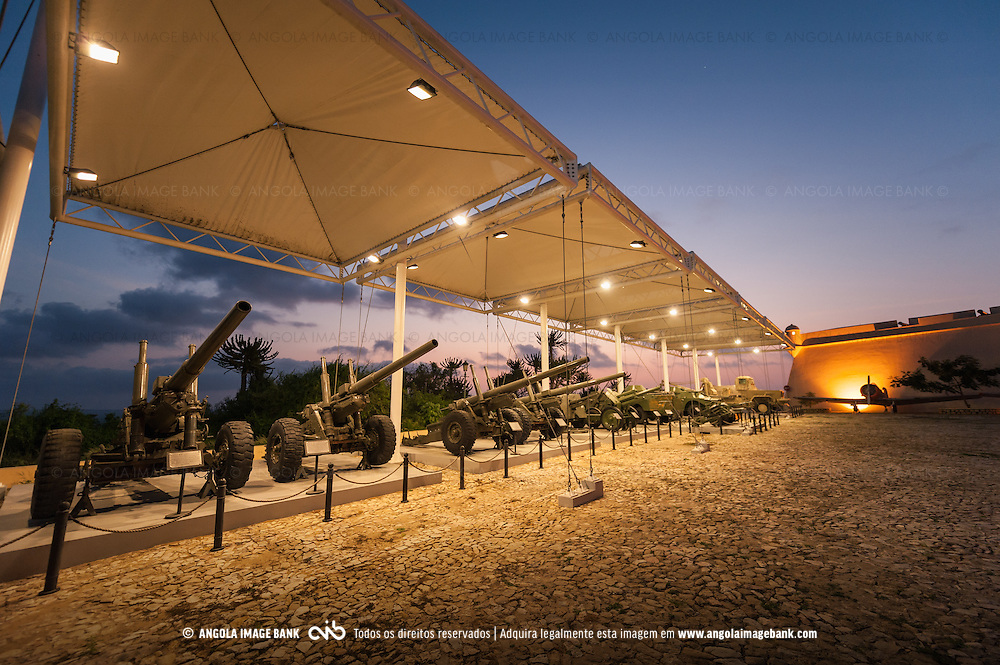
FEATURED ARTICLE
National Museum of Natural History
The National Museum of Natural History was created in 1938 as the "Museum of Angola" and installed in the São Miguel Fortress, currently the Military History Museum. It is one of the most important in Angola and the only one that brings together a collection of Angolan biodiversity.
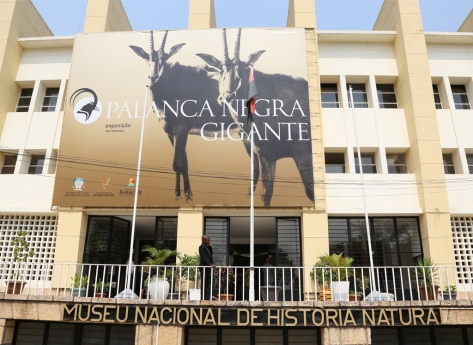
FEATURED ARTICLE
Currency Museum
The Currency Museum is a numismatic and notarial museum that tells the history of Angolan currency. It was created in 2016, by the National Bank of Angola
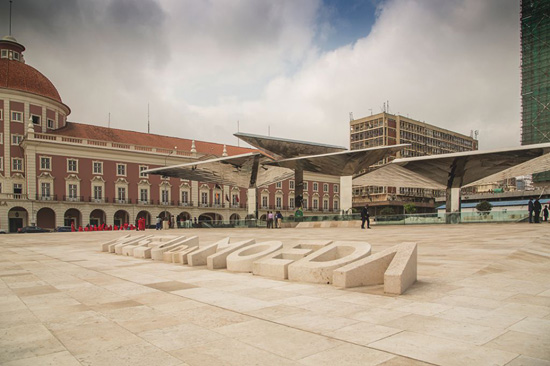
FEATURED ARTICLE
Slavery Museum
Created in 1977, with the aim of publicizing the history of slavery in Angola, the National Slavery Museum has its headquarters in the Casa Grande Chapel, a 17th century temple where slaves were baptized before boarding the slave ships that transported them. took them to the American continent.
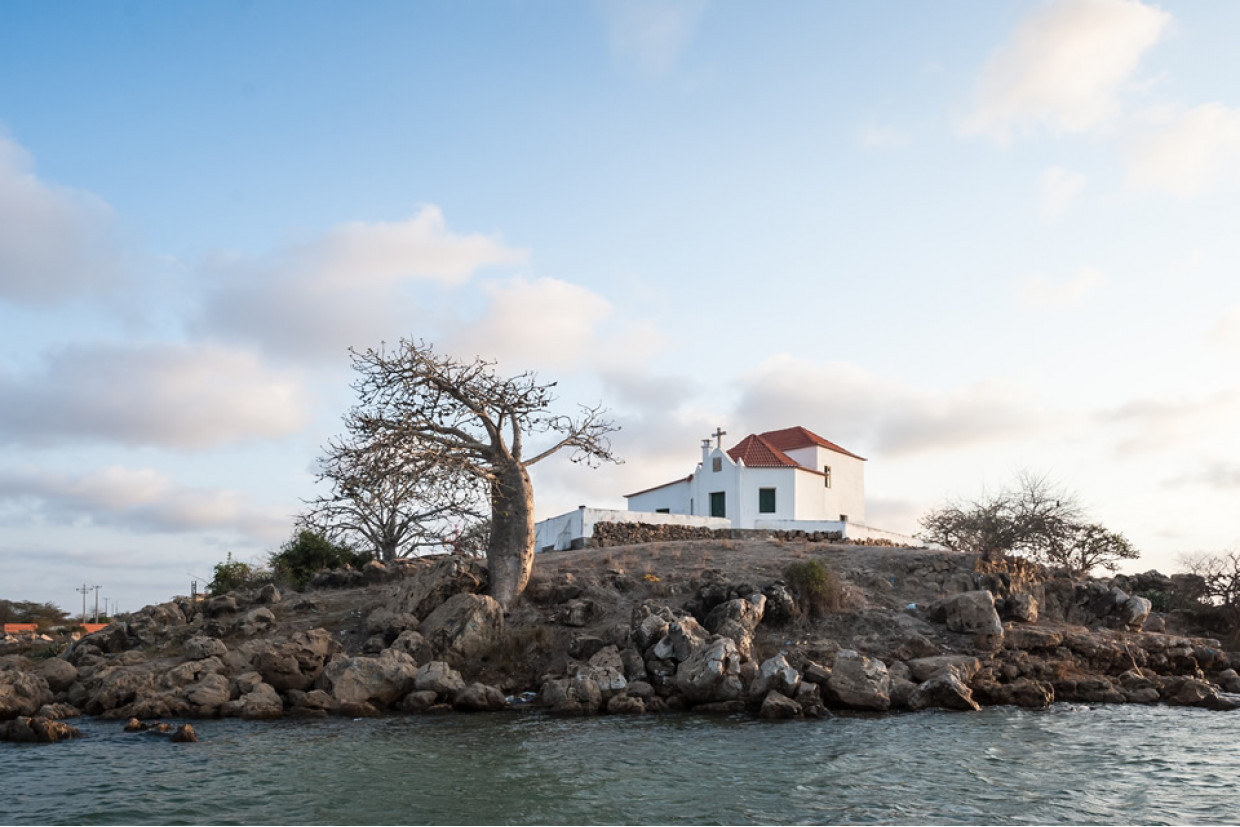
FEATURED ARTICLE
Dr. António Agostinho Neto Memorial
Opened in 2012, it is the Mausoleum that houses the estate and body of the first president of Angola and has a cultural and educational focus, with rooms for holding solemn events, such as the inauguration ceremony of the elected president of the Republic of Angola
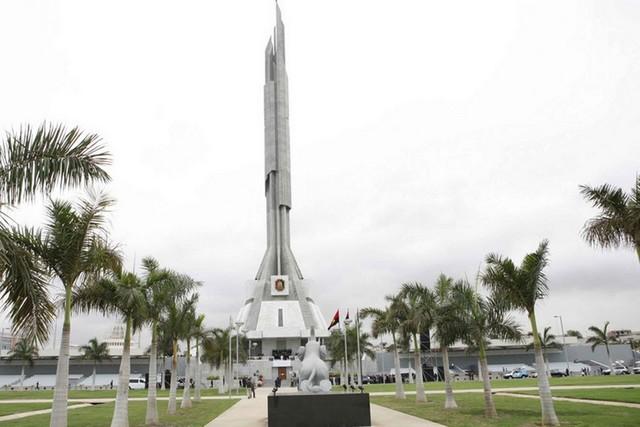
FEATURED ARTICLE
The Iron Palace
The Iron Palace is a historic building and its history is shrouded in mystery, as there are no records of its origin, it was believed to be by Gustave Eiffel and in 2015 the French Embassy in Angola classified the Iron Palace as a work by Gustave Eiffel.
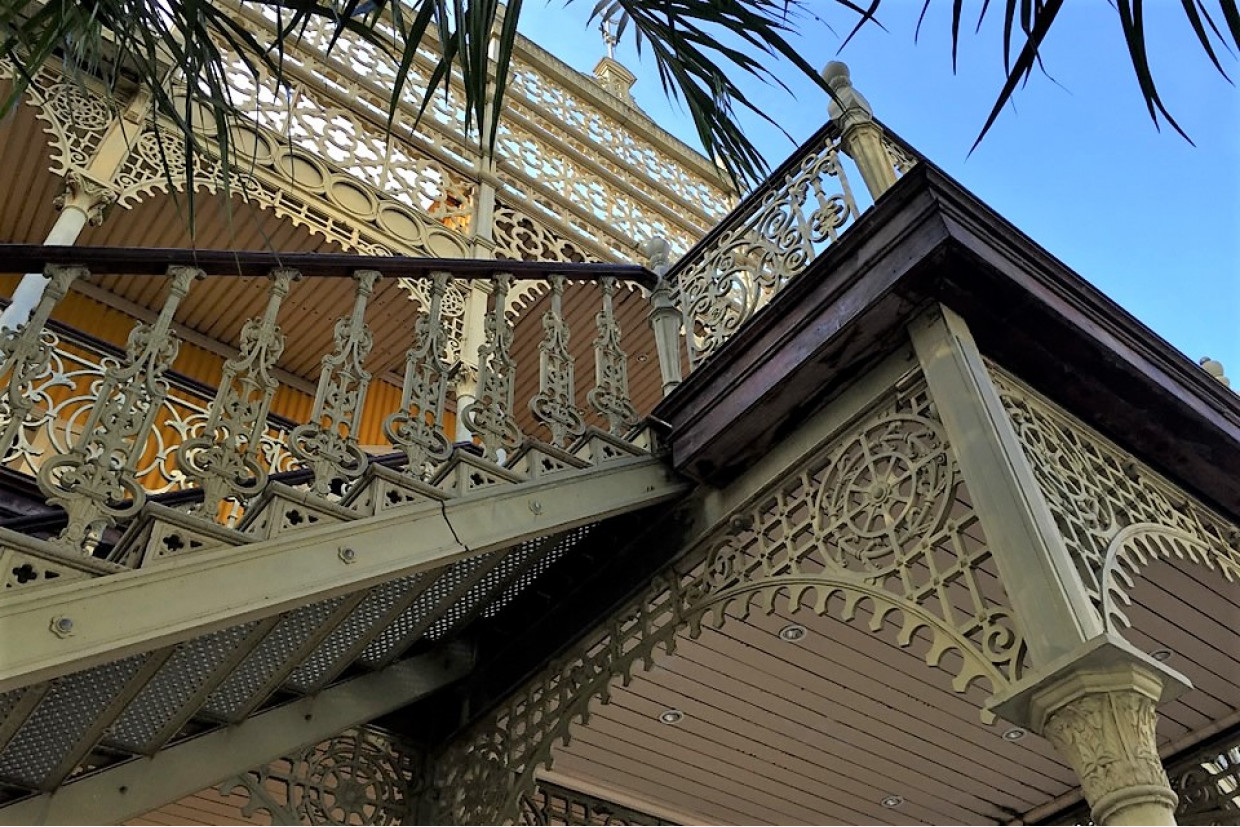
FEATURED ARTICLE
Cabo Ledo beaches
It is preferred by many due to its diversity of attractions. Surfistas beach is one of the most sought after not only for surfing, but also for the ecosystem that the beach offers.
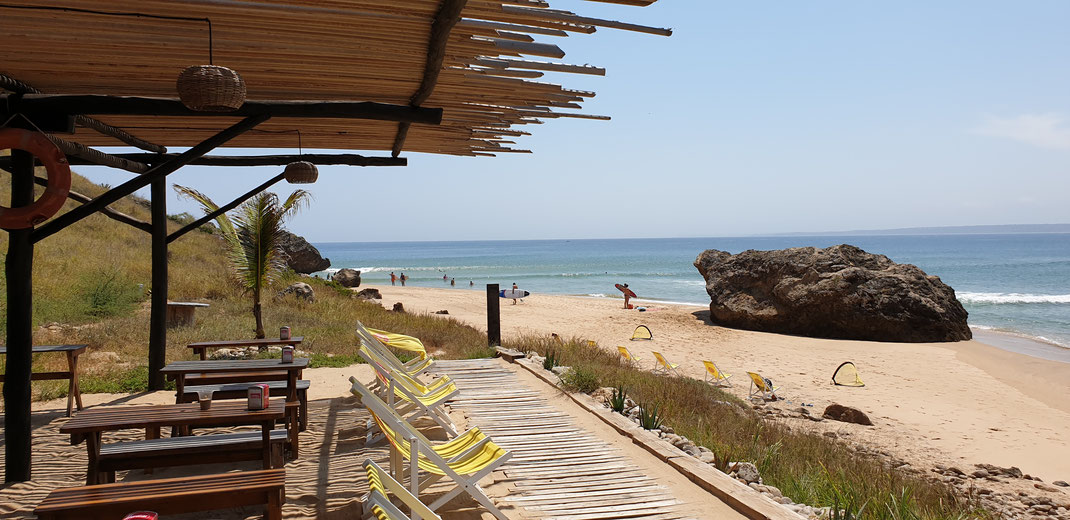
FEATURED ARTICLE
Mussulo Island
Its beach is characterized by having very few waves and warm water. Its extension is full of villas and resorts.
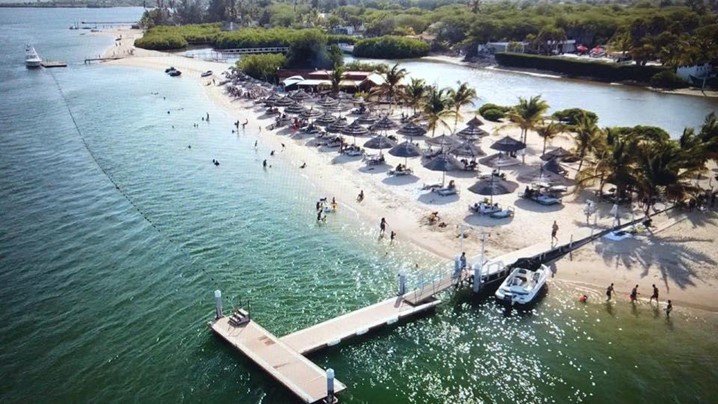
FEATURED ARTICLE
Sangano Beach
Sangano Beach, with small bays, soft yellow sand and beautiful turquoise water, also with beautiful resorts and many attractions.
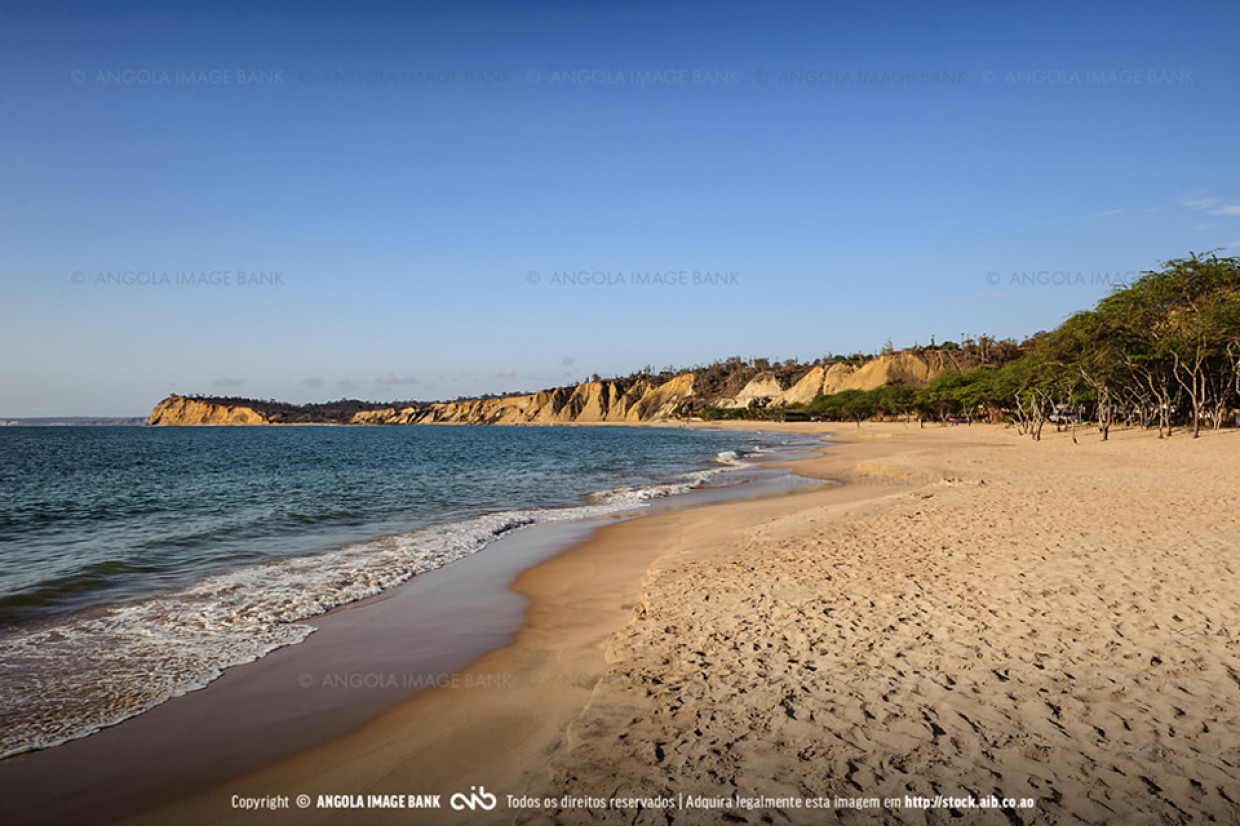
FEATURED ARTICLE
Luanda Island
The Convent and Church of Nossa Senhora do Carmo de Luanda is a monumental complex located in the capital of Angola. Built in the 17th century by Carmelite missionaries, it is considered the most important monument of religious architecture in Angola, given the quality and conservation of the structure and decoration.
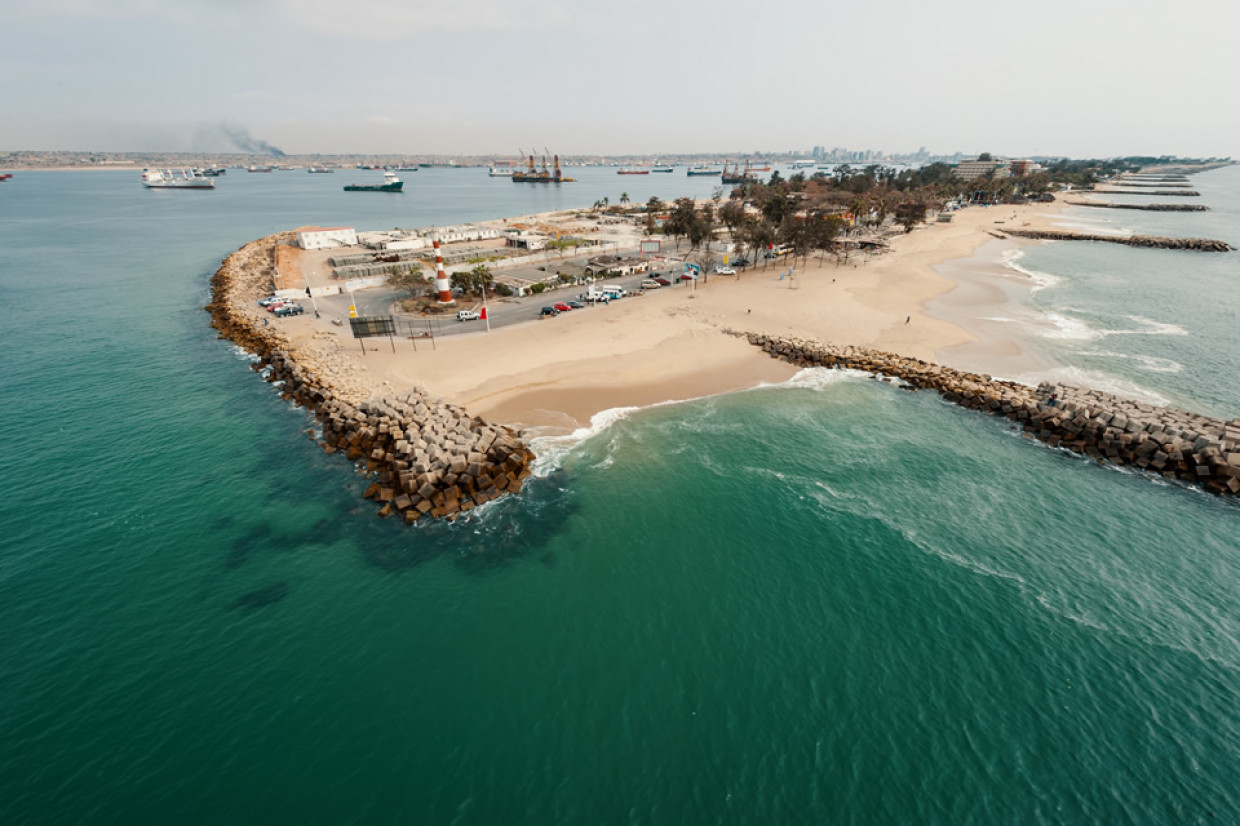
FEATURED ARTICLE
Convent and Church of Our Lady of Mount Carmel
The Convent and Church of Nossa Senhora do Carmo de Luanda is a monumental complex located in the capital of Angola. Built in the 17th century by Carmelite missionaries, it is considered the most important monument of religious architecture in Angola, given the quality and conservation of the structure and decoration.
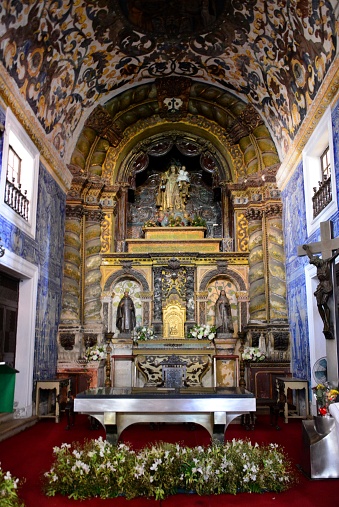
FEATURED ARTICLE
Church of Our Lady of Remedies - Luanda
Luanda Cathedral: History The construction of the Church of Nossa Senhora dos Remédios, located in the old lower city of Luanda, was an initiative of local traders and residents to compete with the religious buildings in the upper city. The works began in 1651 or 1655 and ended in 1679, the year in which it was solemnly inaugurated by Bishop D. Manuel da Natividade. The church was built to replace two small chapels previously existing on the site, the Espírito Santo chapel and the Corpo Santo chapel. The church had a rectangular plan with one nave; at the entrance there were three doors with small pediments and, at the top of the facade, there was a large triangular pediment with volutes at the apexes and an elaborate oculus. On each side of the facade there were two bell towers with pyramidal spiers. In 1716 the seat of the Diocese of Angola and Congo was transferred from São Salvador do Congo to Luanda, which eventually led to the Church of Remédios becoming a cathedral. In 1877 it was in ruins, being restored between 1880 and 1900. At that time it acquired its current appearance, with three doors and a curved pediment on the facade. In 1949 it was declared a Property of Public Interest, when it was still part of the Portuguese Colonial Empire.
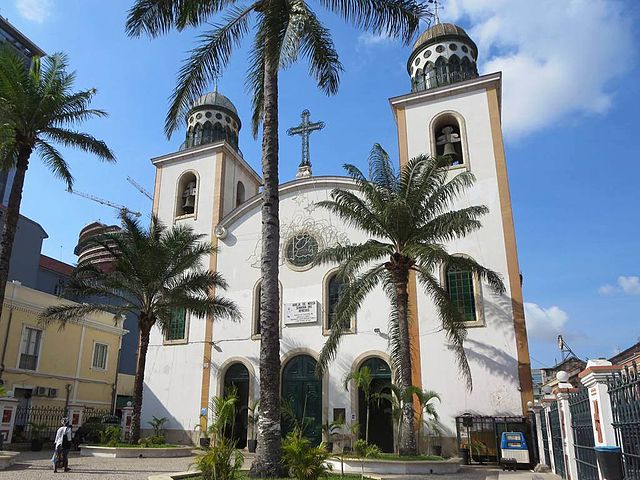
FEATURED ARTICLE
Church of Our Lady of Nazareth
The church of Nossa Senhora de Nazaré, 17th century, was dedicated to the victory in the Battle of Ambuíla, as indicated by the historic tiles inside. The head of King António I of Congo, killed in the battle, was buried in the church. The white-blue tiles, which cover the chancel, the triumphal arch and the nave, also contain scenes from the life of Our Lady and Saint Iphigenia of Ethiopia.
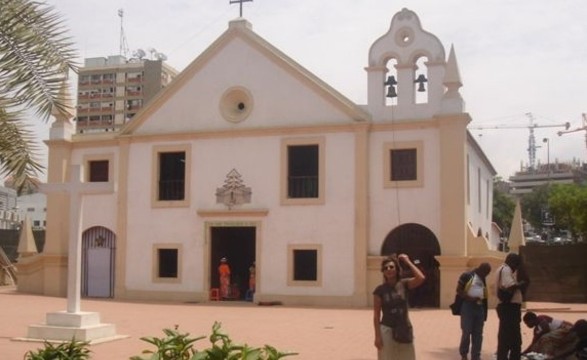
FEATURED ARTICLE
Church of Our Lady of Conceição da Muxima
The Church of Nossa Senhora da Conceição da Muxima (means heart in the Kimbundu language) has the image of Mamã Muxima, the most venerated patron saint in Angola. It is the largest Catholic Marian pilgrimage sanctuary in Africa and the third largest in the world.
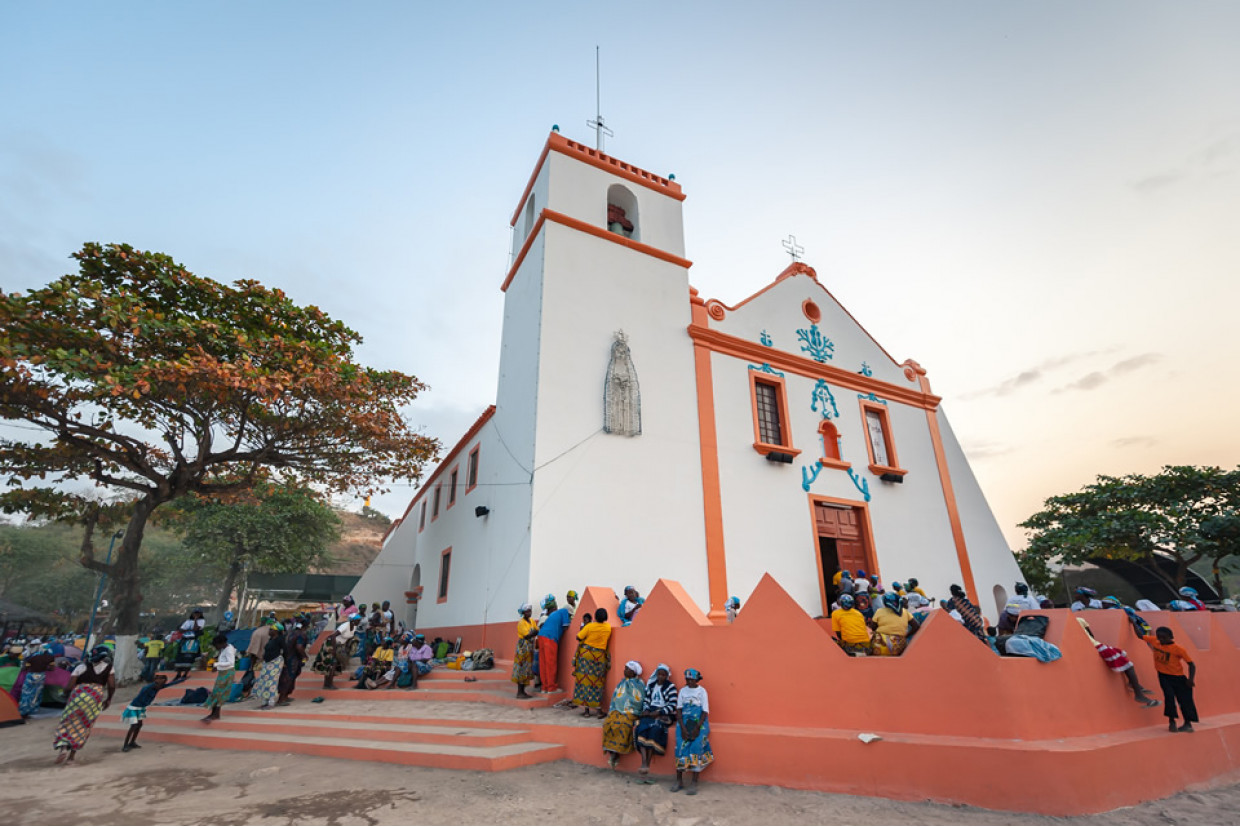
FEATURED ARTICLE
Luanda Multipurpose Pavilion
The Luanda Multipurpose Pavilion is an Angolan public multipurpose venue located in Kilamba. With capacity for 12,720 people, it was built to host the 2013 Roller Hockey World Championship, in its first edition in Africa.
